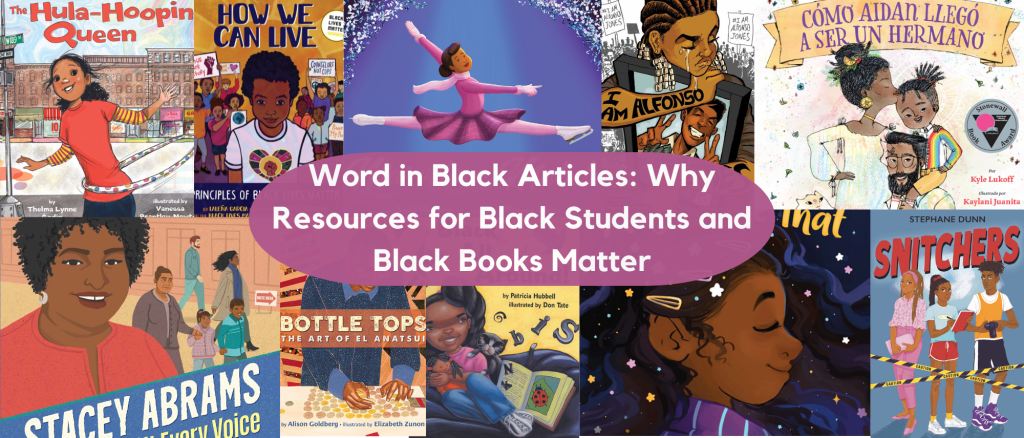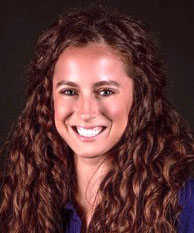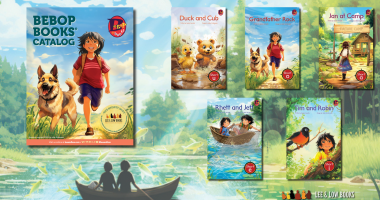
Senior Literacy Manager Katie Potter weighs in on how we can meet the needs of Black students and the importance of Black books in these two articles from Word in Black. Word in Black is a groundbreaking collaboration of the nation’s leading Black news publishers, and they strive to be the most trusted news and information source for, about, and by Black people. Discover excerpts of the articles below and click the links to read more!
Should Black Parents Trust Schools to Teach Their Kids How to Read?
Between summer camp, family vacations, and partaking in some well-deserved rest and relaxation, reading is often not at the top of students’ list of summer priorities.
But it should be.
Though reading achievements have improved in nearly every grade level since Spring 2021, they still aren’t quite reaching pre-pandemic levels. And, as a July 2022 Northwest Evaluation Association report found, the largest achievement declines are still among Black and Hispanic students, who were disproportionately impacted by the pandemic across the board.
The “Summer Slide” has always been real, and as young Black students from low-income backgrounds continue recovering from the many ways the pandemic has impacted their education, they’re fighting an uphill battle.
“Students from low-income backgrounds are even more at risk, as they are less likely to have access to consistent and effective summer programming and support,” says Katie Potter, senior literacy manager at Lee & Low Books. “During the pandemic, summer programs needed to pivot and support all aspects of a child’s learning, like social and emotional learning and physical and mental wellbeing, that were missed due to virtual schooling.”
Here’s Why Black Kids Need Black Books
While browsing the gift shop at the National Museum of African American History and Culture, librarian Kathy Lester watched a young Black girl grab a book and run up to her parents. Holding it up to them, the girl told them she’d read it at school, and it was one of her favorite books.
It was Grace Byers’ “I Am Enough,” which features a Black girl rocking her big, natural curls on the cover. Hearing kids speak like that shows there’s a connection, Lester says.
“If it doesn’t feel like the books reflect them, they pull away from it, like, ‘That doesn’t have anything to do with me,’” says Lester, who is also the president of the American Association of School Librarians. “Where, if they see themselves or find connections of themselves and books, then that helps inspire them to engage more and read more.”
In a 2009 TED Talk that’s been viewed 31 million times, Nigerian novelist Chimamanda Ngozi Adichie talked about the danger of a single story. When children don’t regularly see an accurate representation of themselves, it “sends them a powerful and harmful message that they do not belong,” explains Katie Potter, senior literacy manager at Lee & Low Books, a New York City-based publisher that’s been publishing diverse children’s books for the past 30 years.
“When children cannot find themselves reflected in the books they read, or when the images they see are inauthentic or negative, they learn a powerful lesson of how they are perceived in the world,” Potter says. “If readers cannot find characters who look like them and experience life in ways that they can relate to in the books they read, they can feel alone and isolated, all negatively impacting their academic engagement.”

Katie Potter is the Senior Literacy Specialist at Lee & Low Books. She is responsible for writing and developing the rigorous Teacher’s Guides and Educator Resources for all frontlist titles, in addition to working with university professors and nonprofit organizations on how to incorporate diverse, multicultural literature into curriculum and syllabi. Prior to Lee & Low, Katie worked as an educational researcher, teacher, and literacy instructor. Katie has a dual Bachelor’s Degree in Psychology and Spanish from Skidmore College and a Master’s Degree in Childhood General Education Grades 1-6 and Literacy from Bank Street College of Education.








